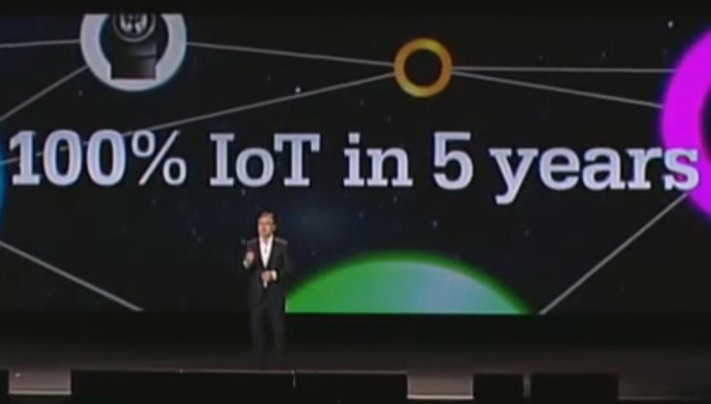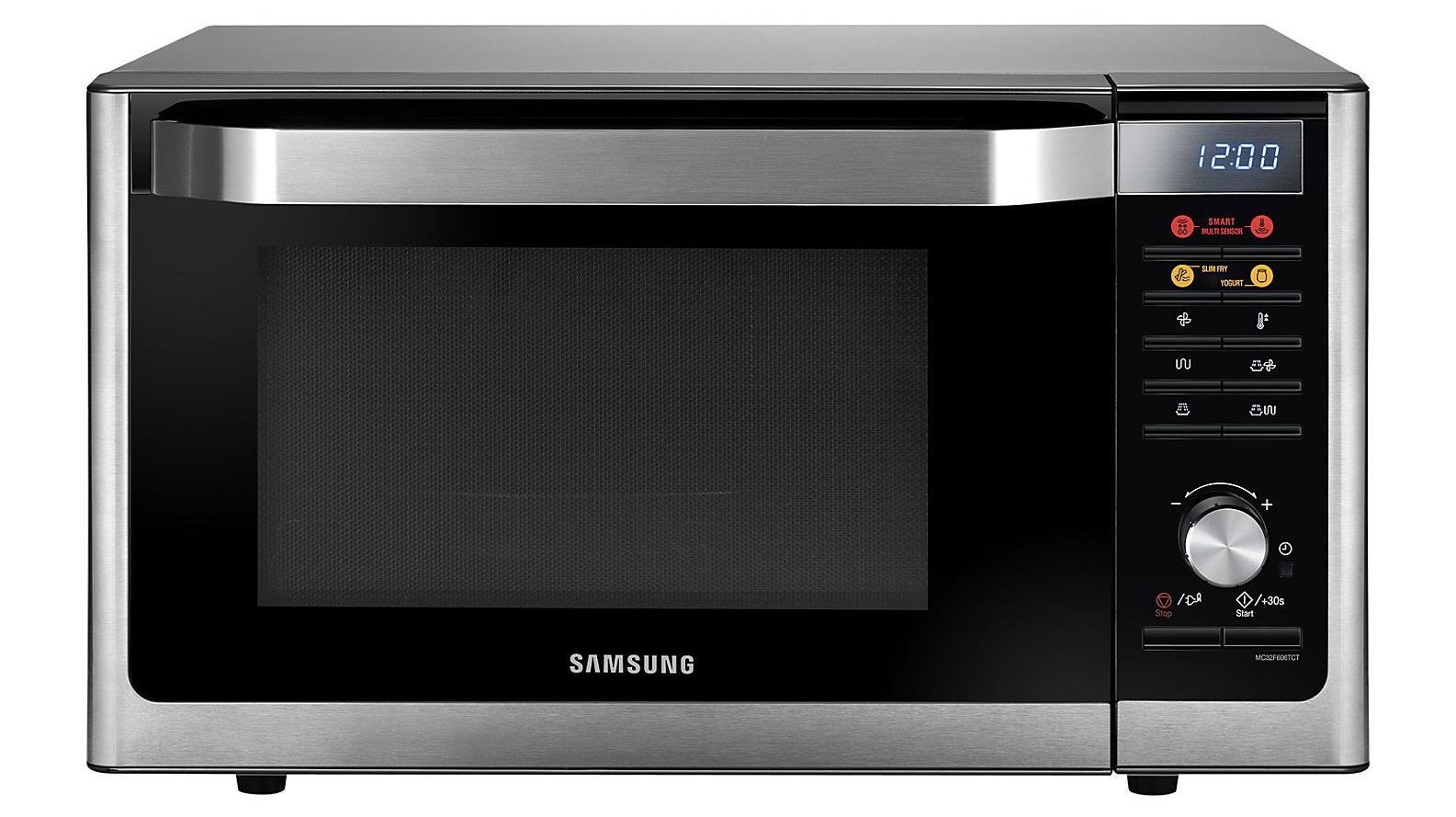Affiliate links on Android Authority may earn us a commission. Learn more.
Samsung says all its products will be IoT enabled within 5 years

B. K. Yoon, Samsung’s co-CEO took to the stage at CES 2015 on Monday to declare that all Samsung’s products will be Internet-of-Things (IoT) enabled within five years. Five years in technology is a long time, just look back to 2009/2010 and see what smartphones existed then, or take a look at Android 1.5 Cupcake. So in one sense Yoon’s vision isn’t impossible. However what is more interesting is that he said that 90% of Samsung products would be able to connect to the web by 2017. Now that is only 2 or 3 years away (depending if he meant by the end of, or the beginning of 2017). That is a bigger challenge.
Samsung makes a huge range of products. OK, its smartphones are already connected devices, as are its Smart TVs. But what about its washing machines, air conditioning units, and microwave ovens? Yoon said in his speech, “five years from now, every single piece of Samsung hardware will be an IoT device, whether it is an air purifier or an oven.”

This means that Samsung is serious about IoT. However before we look how Samsung plans to promote this technology, we need to ask two questions. First, what is the benefit of an IoT enabled microwave oven? Second, will Samsung make a mess of this?
In answer to the first question, I am a bit of a pessimist (or maybe realist). Although I can see the advantages of Smart Homes and Home Automation, and I understand the benefits of monitoring our household appliances in terms of energy consumption, I must say I can’t really see the benefit of an IoT enabled microwave oven or of a web connected vacuum cleaner. In our family we use our microwave oven scarcely, and other than how much electricity it has consumed, I can’t really see any benefit in being able to interrogate it about how many minutes it has been active this month, how many times the door has been opened, or how often we used the defrost setting. Seriously, I can’t.

Which leads me to my second question, if Samsung has committed to making all of its products IoT enabled within five years that means it will add IoT just for the sake of adding it, rather than because an appliance needs it. This could mean that we end up with devices that are IoT enabled but yet pump out worthless information. Also, the cost of such products will be higher as they are now more complex, and they pose a security risk.
There is also the question of how an Internet enabled fridge is going to help a family living below the poverty line in a war zone. If Samsung can’t make the cheapest possible fridge then it is performing a disservice to those people. Adding IoT tech will increase the cost of that fridge. We can only hope that the IoT chips and circuits needed to web enabled these fridges will only cost pennies within 5 years from now.
Open Standards
Our IoT components and devices will be open. We will ensure that others can easily connect to our devices.
But leaving behind the questions of why? and should we? Samsung is right about one thing, in this new IoT utopia, for everything to work there needs to be high levels of interoperability. All these different sensors, devices, IoT hubs, and IoT gateways need to be able to work together. “We have to create an open IoT ecosystem,” said Yoon. “The IoT experience needs to be seamless.” To that end Yoon promised that all of Samsung’s products would be built on open platforms. “Our IoT components and devices will be open. We will ensure that others can easily connect to our devices,” Yoon said during his keynote. “Without this kind of openness, there won’t be an Internet-of-Things.”
And Samsung is in a good position to drive these open platforms and to use them on their products. Last year Samsung sold over 665,000,000 devices, that is over 20 devices per second.
If IoT features become a selling point for more than just mobile devices than it is guaranteed that other large consumer electronic manufacturers like Sony, Phillips, and LG will follow. However an IoT standards war is probably on the horizon. This is because to make something “open” just means you need to publish it, and maybe throw in a little source code. However that doesn’t mean that every appliance will speak the same lingo. In the bizarre world of technology you can have several open platform standards that aren’t compatible, but yet everyone can claim to be open. Let’s hope that doesn’t happen.
What do you think? Do you like Samsung’s vision? Are you looking forward to IoT enabled products?